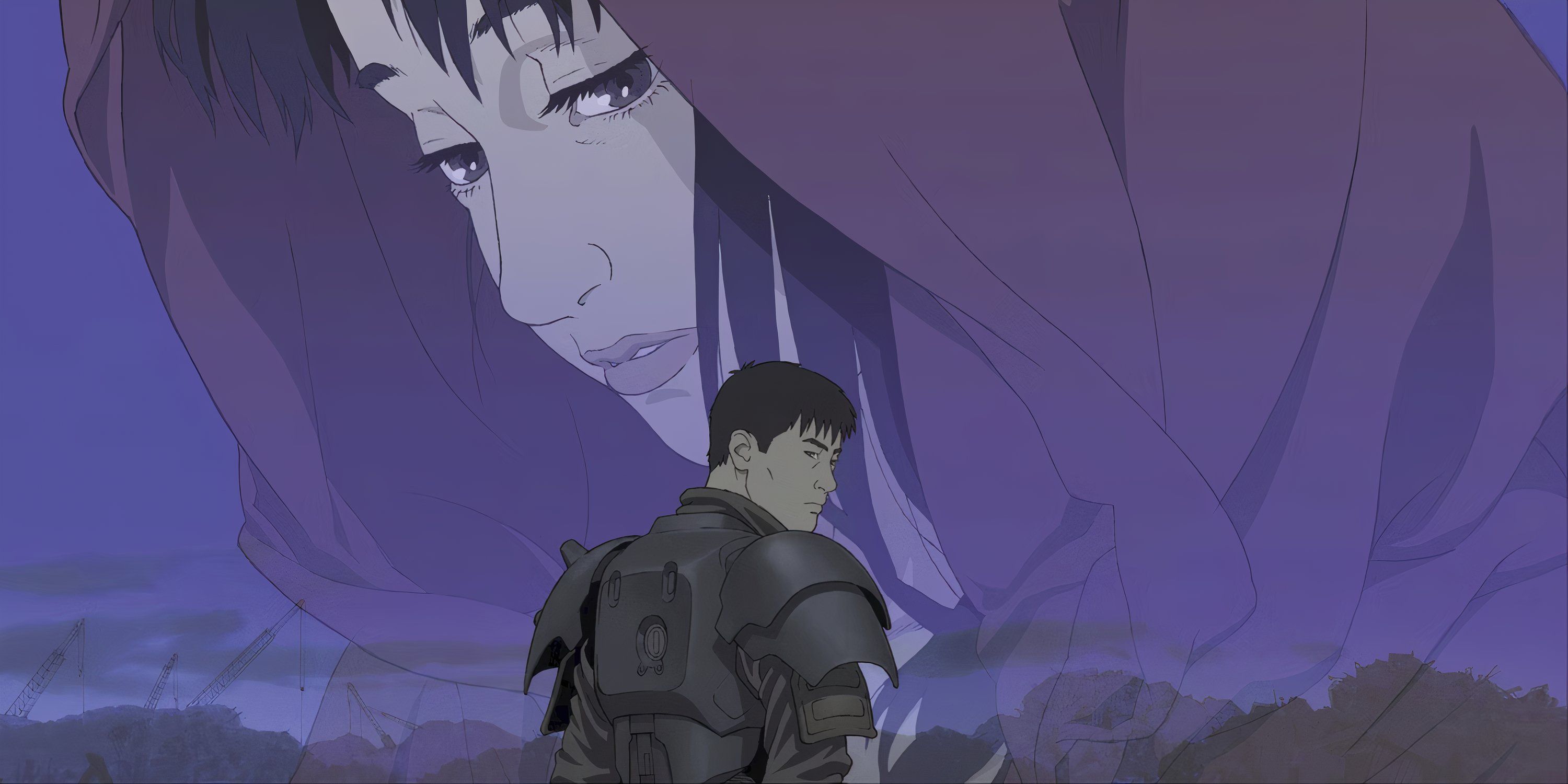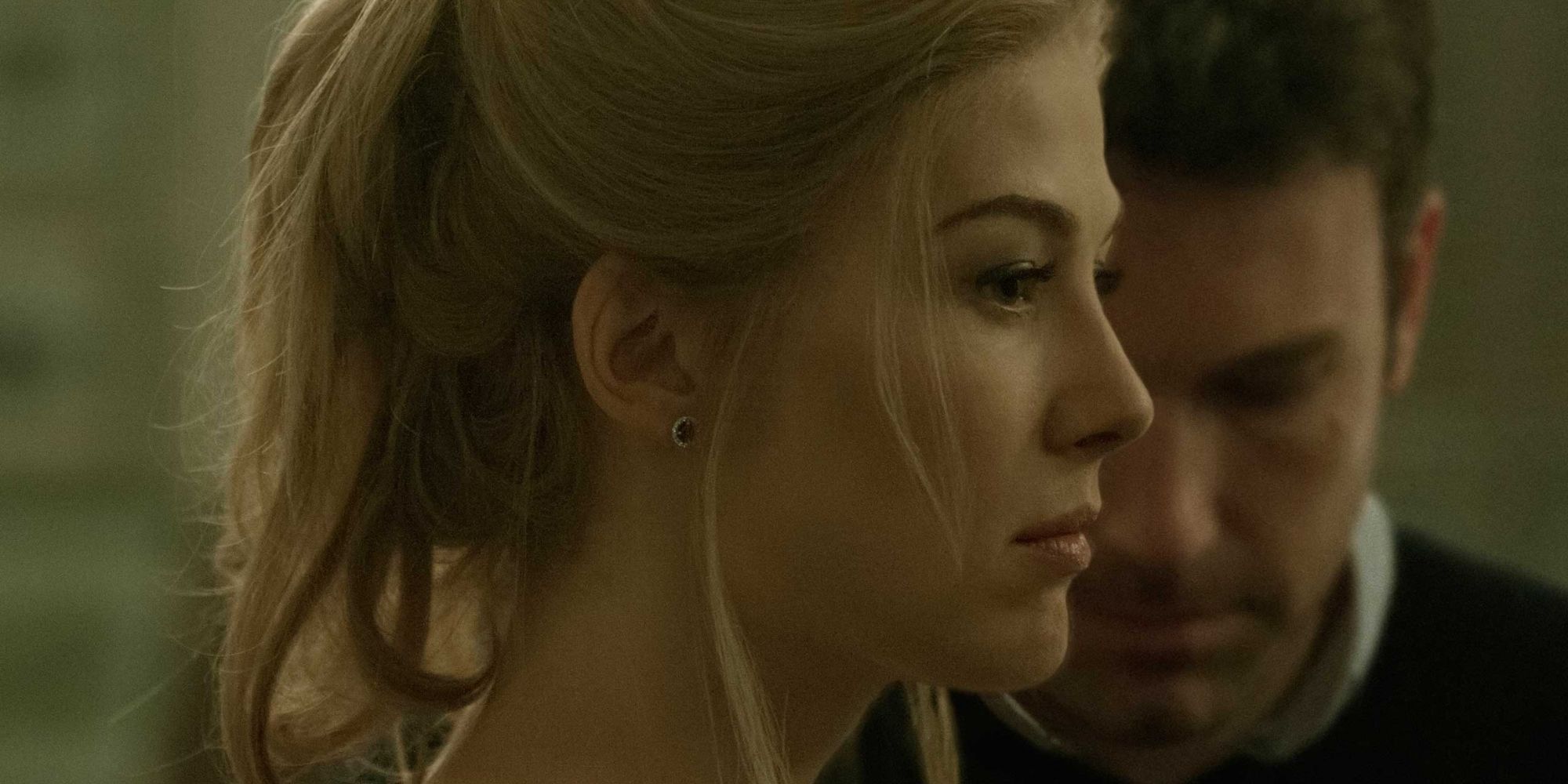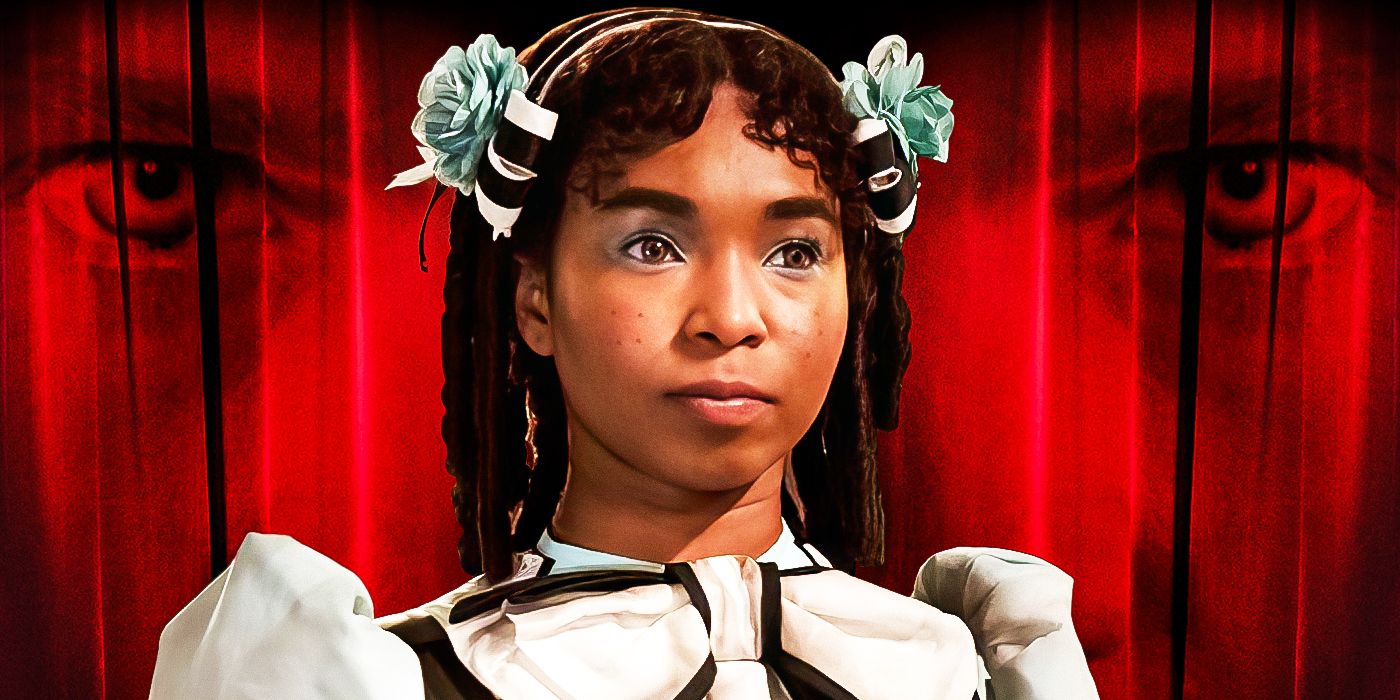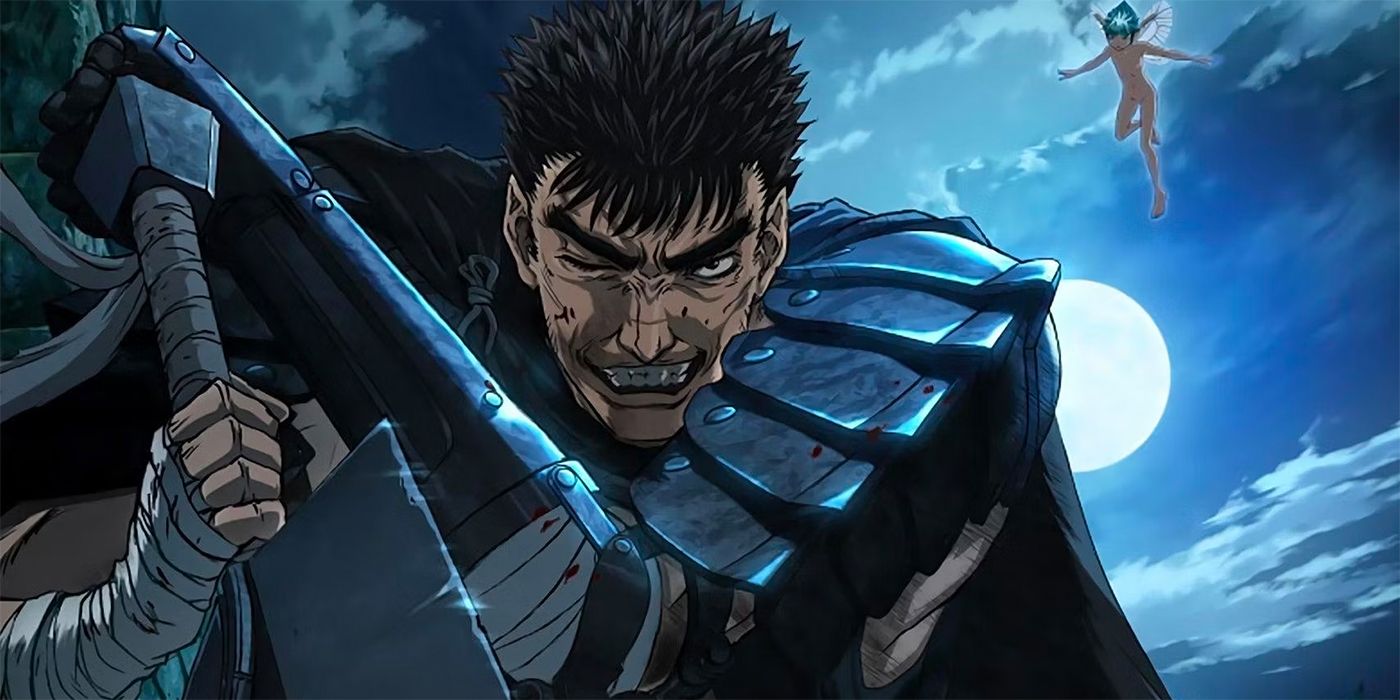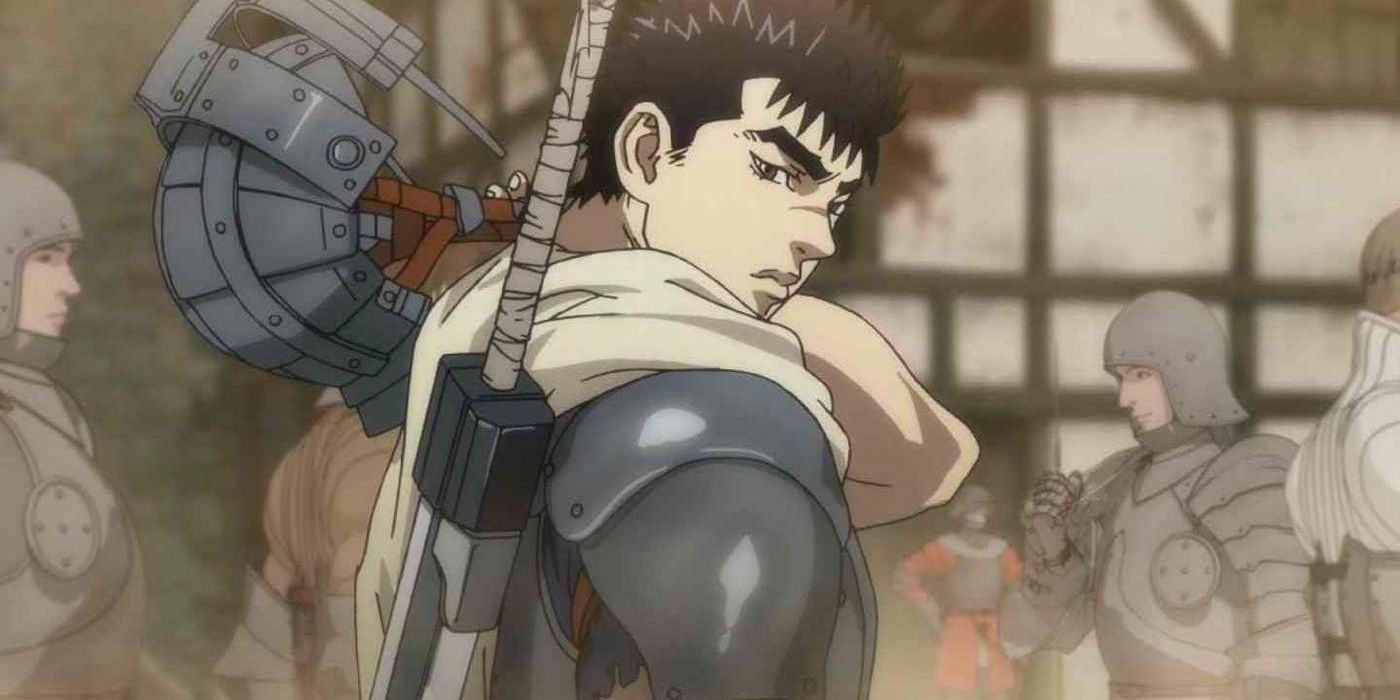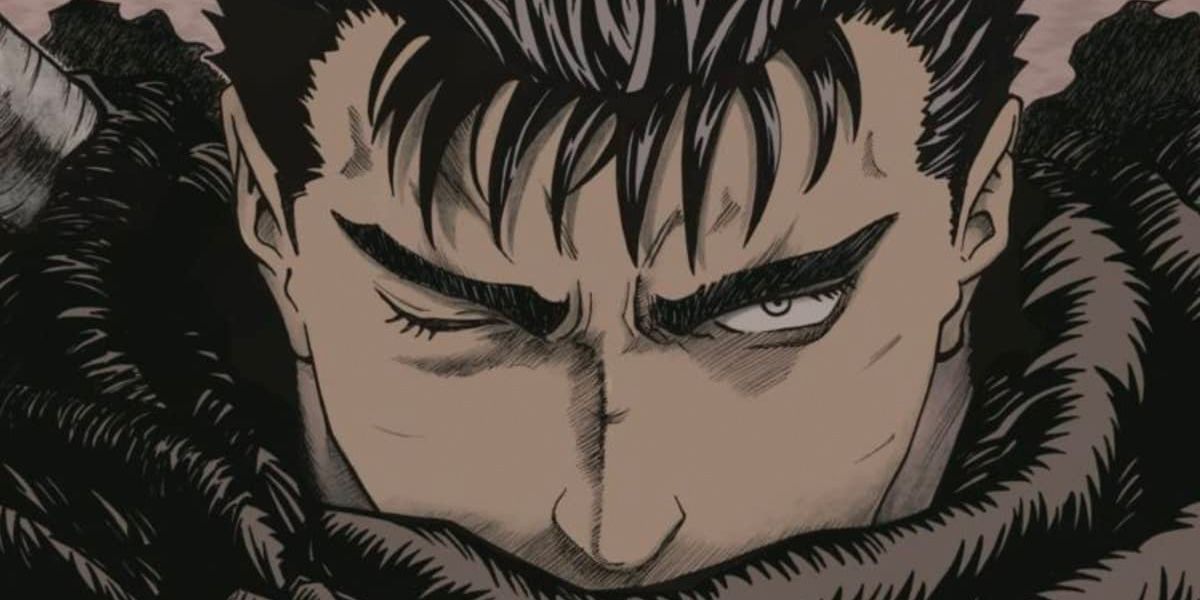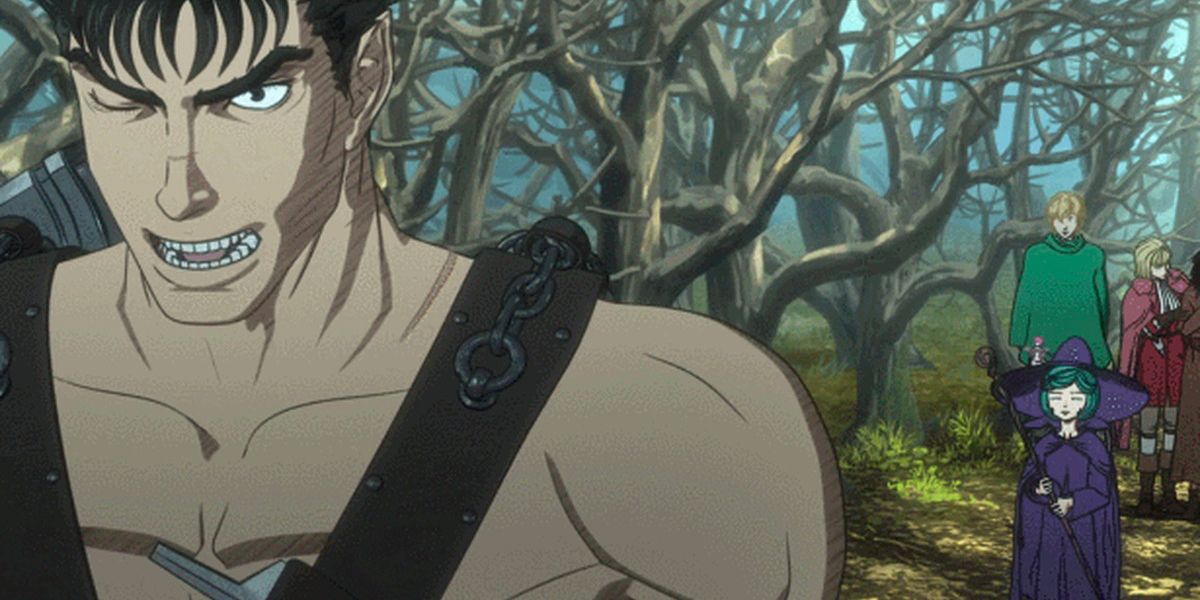What makes a good horror story? There are a lot of answers. It could be the ambiance of it, the settings and landscapes bathed in barely there light. It could be monsters, things that go bump in the night, and have designs that make your skin crawl. It could be cunning and malicious villains or events that mirror the terrible things that happen in real life. It could simply be the protagonist themselves, and their struggle to stay afloat in a dangerous world. Berserk is a series that has all of this. That isn’t a surprise; it’s a dark fantasy, known for its gore and brutality throughout. But, these things, while important to helping it develop the series’ horror undertones, are not what makes it scary. No, there is just one piece that solidifies the dread you feel as a member of the audience. And it can be summed up in one word.
Fate.
Philosophy loves to argue whether we are creatures of free will. Are we really making our own choices, and do those choices even matter? Are we on a set path, where regardless of what road we take, we will always end at the one point we were always meant to? Plenty of media has asked these questions over the years. It’s something humans love to ask. We want to believe we’re in control of our lives.
Berserk does not present this choice.
Instead, it tells you that fate exists. There is no argument about it. We know from the very beginning that Guts is destined to suffer. He’s locked in a fruitless battle to change his own fate, and we watch him suffer from the moment he is born of his mother’s corpse. At that moment, you as the viewer must make a choice. Will you believe that there’s hope that Guts will prevail, or will you resign yourself to the truth that no matter what happens, Guts will meet his fate at every turn? No matter what you choose, you are left with trepidation. If you have hope, you’ll find it dying at every turn. It will be crushed when Guts is sold by Gambino to a soldier for the night. It will be shattered with each betrayal, with each scar. But if you don’t have hope? You will be stuck waiting for the shoe to drop with every moment of light.
Berserk Is Direct in the Way It Presents Its Story
Ultimately, the reason horror works is because it makes you feel nervous. It sets you on edge. What will be around the corner, inside the closet, running through the woods…it makes your heart race and your hands shake. Berserk achieves this not with monsters, but with the looming threat of destiny. As an audience, we know that something bad will always be coming. When Guts smiles, when he builds friendships with the mercenaries and with Griffith, it makes your stomach churn as you wait for the inevitable.
It’s an excellent form of storytelling. Instead of inspiring hope, Berserk begins with a straightforward message of what’s to come. It doesn’t sugarcoat; it tells you right away that this is a tale of woe, one of sorrow, gore, and betrayal from not only other people but from the universe itself. Sometimes, such a blatant message could ruin that feeling of fear. But because Berserk sets that expectation early, and asks the questions it needs to about fate, it manages to tell you what’s coming, but in a vague way that makes it hard to figure out where the ball will drop.
This trepidation also helps the audience feel closer to Guts. Despite Guts being rather gruff and unsympathetic upon first meeting, the knowledge that he’s been consistently screwed by his own destiny helps you find it in your heart to give him a chance to tell his story. The story progresses, and you open up as Guts does. And that’s when the fear sets in, because you know as soon as Guts’ heart begins to heal, something will cause the wound to grow bigger. You harden when Guts does, but it’s easy to find yourself softening at the promise of even the barest hint of a break for this poor man and the hulking mass of iron he calls a sword. Fate is what makes us pity Guts, but Guts himself is what keeps us going. We want to know how fate molds and shapes him. And ultimately, we want to know how fate destroys him.
The True Horror of Berserk Is That Free Will Doesn't Exist at All
The fear of Berserk comes from the fact that we are asked to understand that free will does not exist. It wants us to know that as much as Guts fights, he isn’t getting anywhere other than the final destination that’s already waiting for him. Guts himself already knows this. He turns away most of the people that try to get close to him. He accepts that every battle seems to choose him, regardless of what he wants. And most importantly, he accepts that he is only meant for misery. As an audience, we’re asked to believe the same for him. But the story is set up so that no matter what we believe, whether we acknowledge Guts’ fate or choose to fight it, we face a constant feeling of dread. We have to sit in wait for the next moment that dashes away Guts’ hope and happiness, or we have to sit in wait for the next moment of happiness to try and prove that he has the power to change his narrative.
Berserk is a traditional horror series in many senses. It’s heavy-handed with its gore and dark imagery. It’s full of creepy monsters. It has scenes that are positively gut-wrenching. However, these things all intertwine with its most terrifying theme: fate. By establishing that the story is one that ignores the idea of free will and instead focuses on a destiny of pain and sorrow without the possibility of intervention, it forces the audience to ask themselves what will happen in every moment of light, instead of what every dark moment will be like, and that is what creates a constant feeling of fear and dread. The point isn’t to contemplate if free will exists; it is how life is handled, even when you know there is no changing the ending. And isn’t futility the greatest scare of all?


